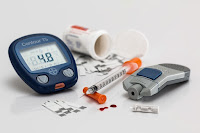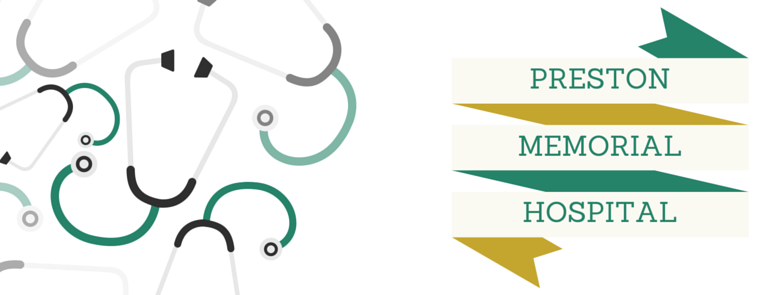 November is National Diabetes Awareness month. It is an event we wish we did not have to recognize, but one that needs nationwide attention to help find a cure for this life-changing disease.
November is National Diabetes Awareness month. It is an event we wish we did not have to recognize, but one that needs nationwide attention to help find a cure for this life-changing disease.
What is Diabetes?
Diabetes is marked by the body’s inability to properly store or use glucose. Because of this, it permeates the blood stream creating dangerously high blood sugar levels. There are two different kinds of diabetes. Type 1 is more commonly diagnosed in young children, but can occur at any age (also known as juvenile diabetes). A key characteristic of this type of diabetes is an inability to produce insulin, a hormone that enables the body to metabolize glucose. Type 2 diabetes is more common in older individuals (although it can impact any age). It occurs when the body is unable to produce the proper amount of insulin or utilize it correctly.
Symptoms
While diabetes has symptoms that can also point to other illnesses, when found in combination, there is greater cause for concern. The most common symptoms include:
· Extreme thirst
· Frequent urination
· Weight loss
· Increased appetite
· Blurry vision
· Moodiness
· Numb or tingling extremities
· Recurring skin infections
· Frequent bladder infections
· Regular gum infections
· Fatigue
Who is at Risk?
Anyone can develop diabetes but it is most common in individuals with a family history. Other factors include obesity, high cholesterol, elevated blood pressure and leading an inactive lifestyle. It is more common with age, especially in people with the aforementioned risk factors. Certain ethnicities are also more prone to the disease as well as women who suffered from gestational diabetes during pregnancy.
Other Health Concerns
If you have been diagnosed with diabetes, you are also at risk for a host of other medical conditions, including heart attack, stroke, blindness, kidney failure, gangrene, nerve damage and impotence. Because of this, it is crucial to monitor your condition carefully and follow your doctor’s treatment plan.
At Preston Memorial Hospital, we are passionate about providing our patients the best possible healthcare services. This means that we go the extra mile to educate them on preventative care to reduce their risk of serious conditions such as diabetes.
If you are suffering serious complications because of diabetes, seek emergency care immediately. If you are experiencing diabetes related symptoms, consult your healthcare provider to accurately diagnose the problem and develop a management plan.
